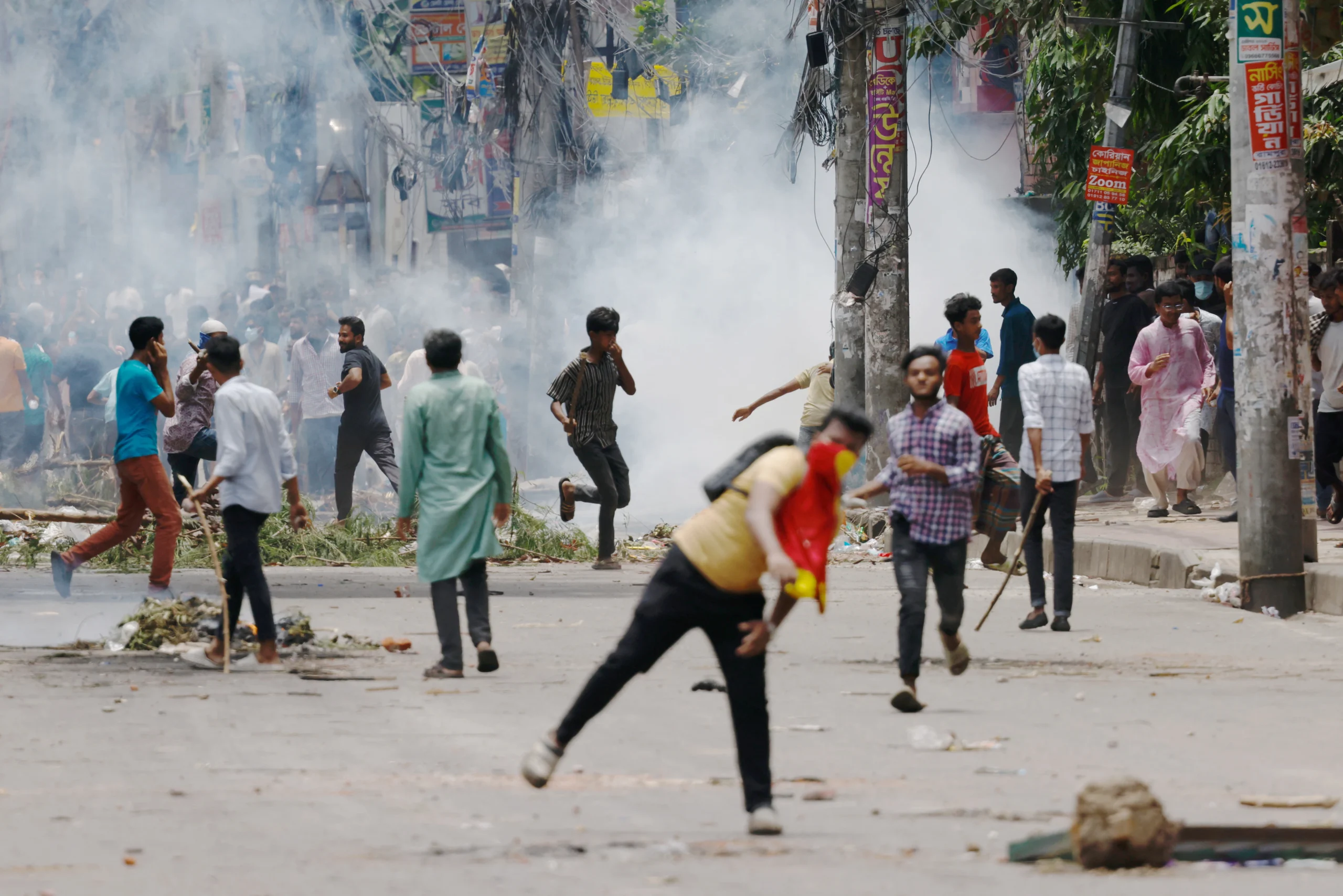Anushka and Disha Gupta, Pune
A protest against the government has started this week by the students in Bangladesh regarding their policy of reservation. The reservation states that 30% of quotas in jobs has been reserved for those people whose family members were the freedom fighters of the Liberation war between the Pakistan and Bangladesh in the year 1971. In the year 1972, the them Prime Minister Sheikh Mujibur Rahman announced this 30% reservation system in which there were reservations for other jobs as well and 44% jobs are merit-based.
However, the Sheikh Haseena government discontinued the reservation system until in 2018 a group of petitioners went to the High Court to reinstate the quota system. It was this petition that led to the agitation among students who questioned the government as to why the third generation of freedom fighters were being given advantage.
The protests took a violent turn when six protestors were killed. The protestors took over the campuses of schools, colleges and universities which resulted in forcing the government in closing down of all the schools and colleges. Even the National Broadcaster of Bangladesh, Bangladesh Television (BTV), was not allowed to go on-air on Friday as the student demonstrators allegedly set fire to the building of the station.
Violent clashes in Bangladesh as police confronted student protesters enforcing a nationwide strike. The unrest, stemming from disputes over government job allocation, has escalated over several days. Media reports indicate 22 additional fatalities across the country during these demonstrations.
Protesters attempted to enforce a shutdown in Bangladesh. In Dhaka’s Uttara area, police dispersed crowds blocking roads and chanting. Clashes erupted elsewhere, with police using tear gas and batons while protesters retaliated with stones. Many were injured, including law enforcement officers. Protesters reportedly attacked a traffic police box, setting it ablaze, and damaged police vehicles across the city.
Dhaka’s typically congested streets saw reduced traffic. While offices and banks remained open, many shopping centres closed. Commuters reported limited transportation options. Police established checkpoints at Dhaka University entrances to control the situation. This rephrasing condenses the information, maintaining key points about the ongoing protests, violence, and its impact on daily life in Dhaka.
Authorities in Bangladesh have implemented a stringent curfew nationwide and deployed military forces to patrol parts of the capital, Dhaka. The curfew was imposed after the most lethal day of protests yet, despite an existing ban on public gatherings. Casualty reports from Friday’s violence citing 43 deaths. An Associated Press journalist confirmed 23 bodies at Dhaka Medical College and Hospital, though it’s unclear if all these fatalities occurred on Friday.
